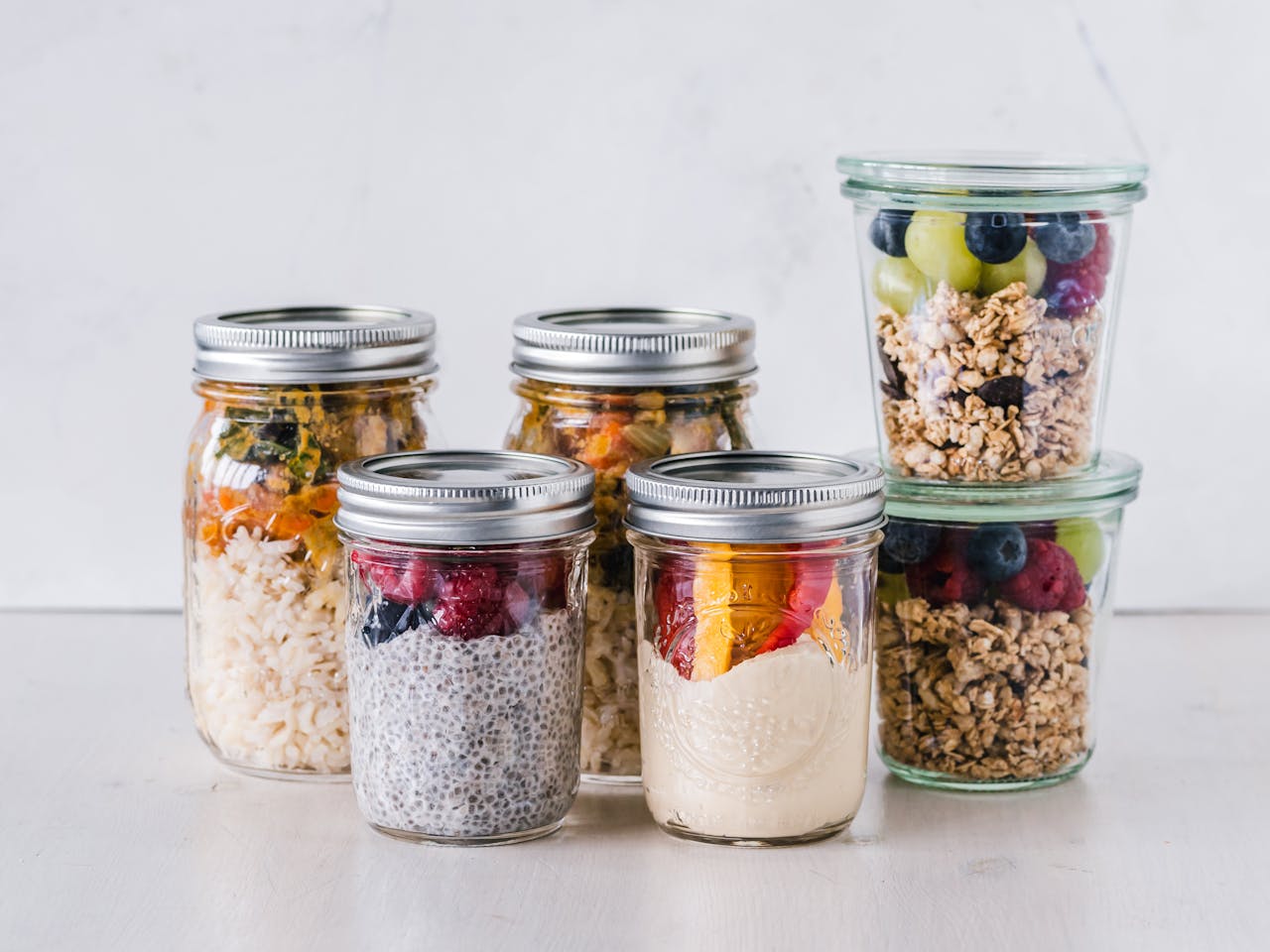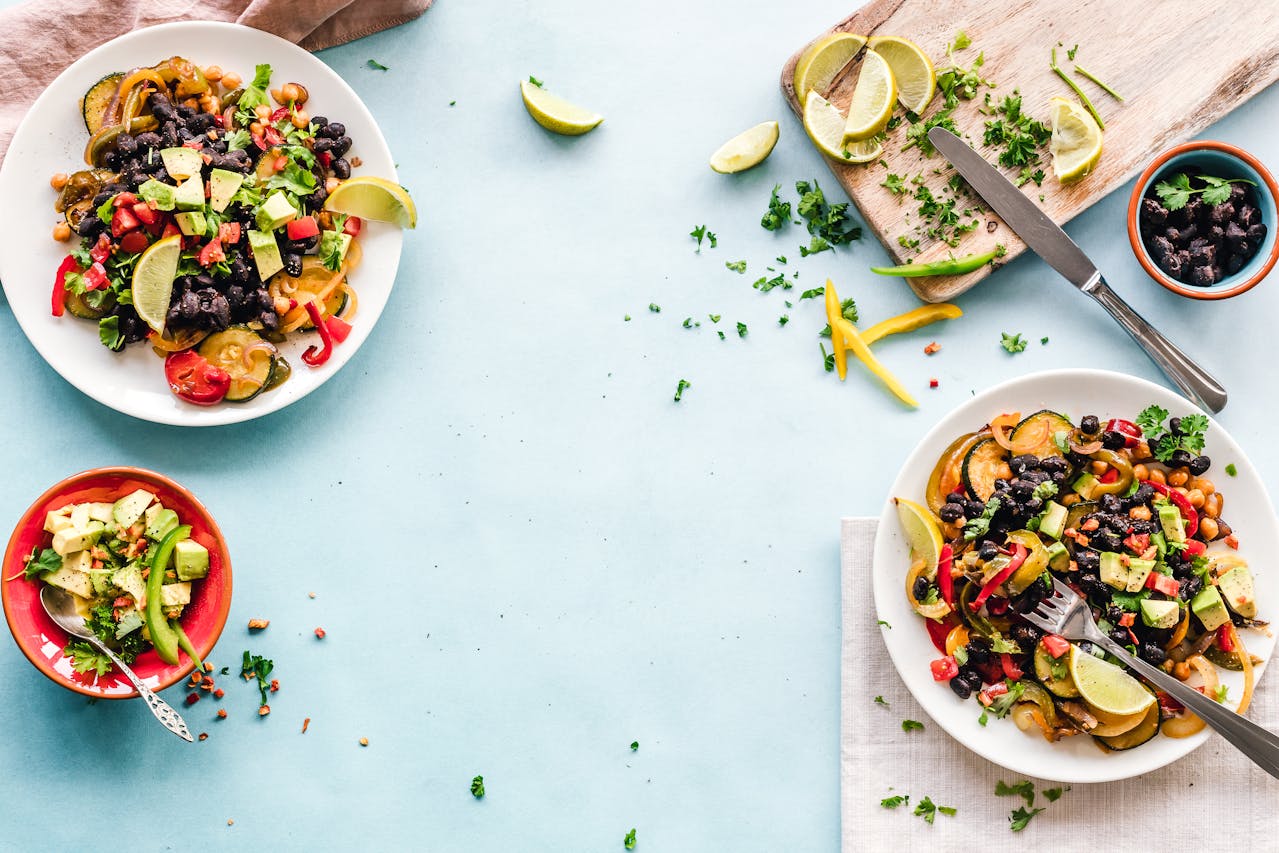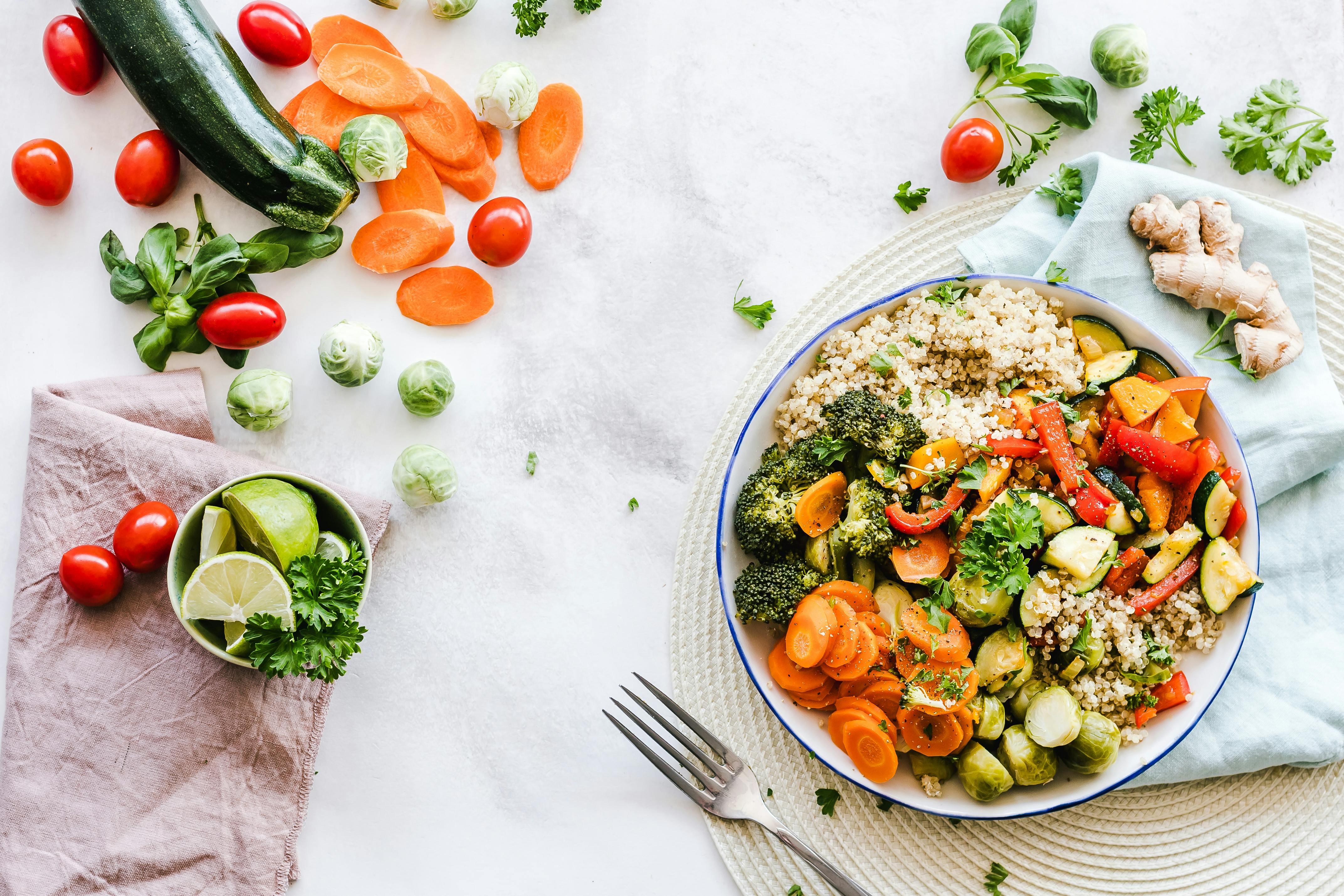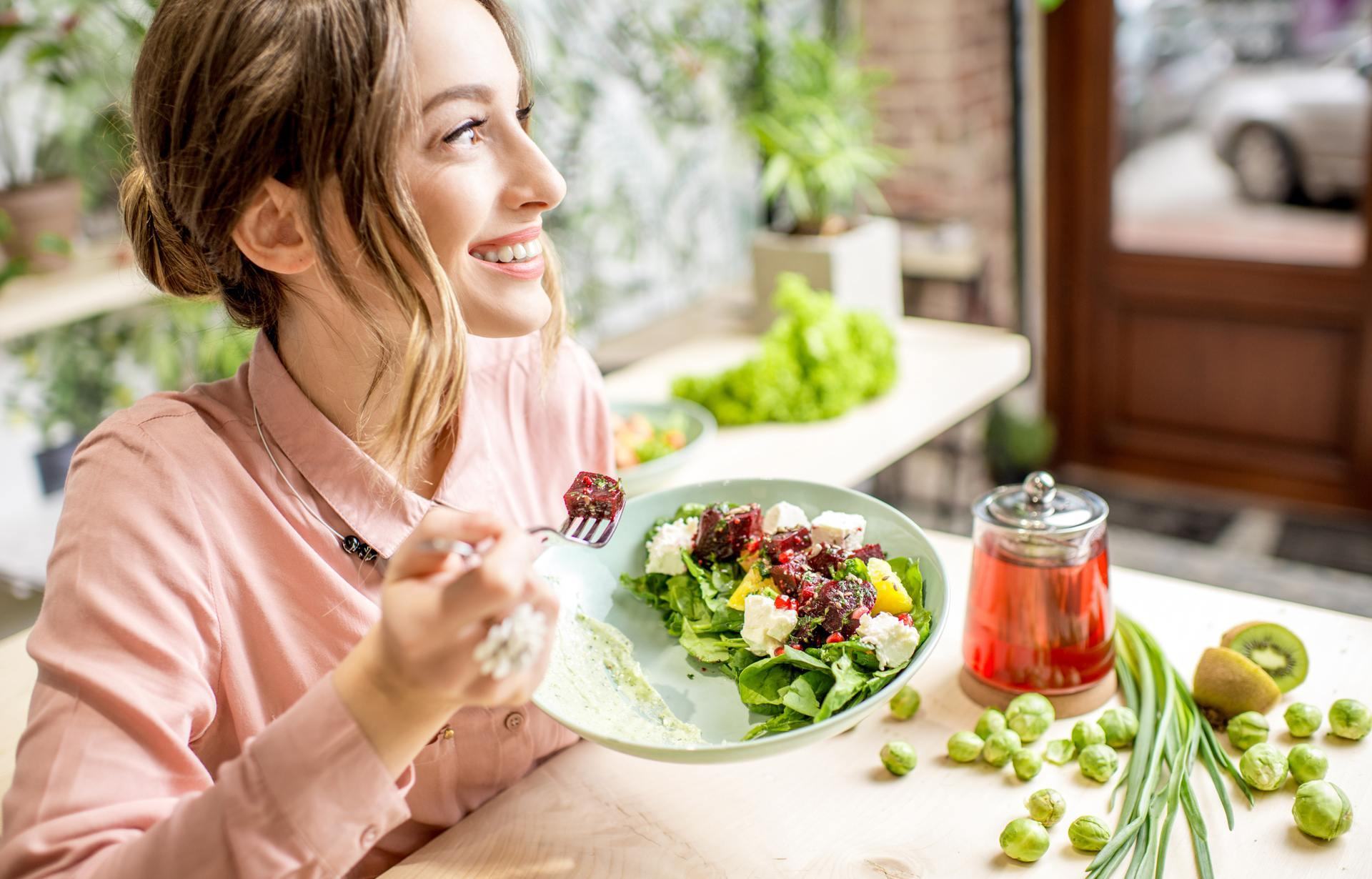In a world where the pace of life is accelerated, and store shelves are breaking from
various types of goods, whole products are an island of purity and naturalness. Such
products are as close as possible to the species in which nature gave them to us:
without unnecessary processing, artificial additives and complex technological
influences. In their simplicity lies the true wealth of tastes, aromas and textures. The
dishes prepared from whole ingredients can reveal the depth of natural shades, give a
feeling of satiety and internal comfort, becoming a reliable support for daily
inspiration and care of oneself. In this article, we will consider in detail what whole
products are, reveal their main advantages and tell you how to make them part of our
diet.
What are whole products?
Whole products are food ingredients that have been minimal processing, in which natural
components and nutritional value are preserved. Typically, this concept is meant whole
cereals, seeds and nuts, fresh fruits, vegetables, legumes, as well as unfiltered oil
oils. The main principle is not to deprive the products of their shell, fiber, vitamins
and trace elements. Unlike refined analogues, whole products retain their structure,
color and taste profile, which opens up wide horizons for culinary experiments and a
variety of daily menu.
Nutritional integrity and natural composition
One of the key advantages of whole products is the preservation of all natural components
laid down by nature. The grains of cereal crops, which remained unfilled and unpeeled,
carefully hold fiber, B vitamins, minerals and phytonutrients. Nuts with a peel store
their essential oils, antioxidants and trace elements. Vegetables and fruits eaten with
a skin reveal an additional level of flavor and aroma zones. This approach allows you to
get a full -fledged complex of nutrients and natural compounds, which makes the usual
dishes more saturated and harmonious.
A variety of whole products
The assortment of whole products is impressive of the imagination: this is an unnecessary
brown rice, and whole grain wheat, and wild cereals like Kinoa and Amaranth; legumes -
lentils, chickpeas, a mash and beans; oil of the first cold spin from olives, flax or
pumpkin seeds; As well as Chia, flax, sesame seeds and various types of nuts. No less
important is the wealth of fresh plant products: radishes, carrots, beets and cabbage
retain their vitamins and minerals in the maximum quantities, while their texture
remains dense, and the taste is naturally sweet and juicy.
Culinary opportunities and inspiration
Whole products provide an endless field for creativity in the kitchen. From whole grain
flour, you can bake fragrant bread with dense crumb, rolls and cakes. From brown rice -
to make hearty pills, risotto and refreshing rice salads. Legumes turn into bright
pastes, crispy cutlets and nutrient soups. Nuts and seeds, crushed or soaked, become the
basis for creams, gas stations and energy bars. Even simple heat treatment - roasting or
baking - reveals the new facets of the taste of any variety of whole products.
Environmental and economic aspects
Choosing whole products, we support agricultural models focused on sustainable
development. Minimum processing reduces energy consumption and reduces the amount of
waste in production and packaging. As a result, the load on the ecology is reduced: soil
fertility remains, the use of chemical fertilizers and fuel decreases. From the point of
view of the economy, many whole products are distinguished by a longer shelf life
without loss of quality, which allows you to plan purchases and reduce the risk of
damage. In addition, support for local manufacturers helps to strengthen small
agricultural farms and the development of the regional economy.
Cultural and traditional significance
Whole products for centuries have underlined traditional kitchens of different peoples.
For example, cereals from whole cereals and legumes founded the daily diet of many
regions of Eurasia, and Kuskus and Polent were an integral dish of the Mediterranean.
Seeds and nuts were used in ritual and festive meals, giving them the symbolism of
abundance and fertility. The resumption of traditions of preparing whole products helps
to maintain a cultural heritage, transfers family recipes and fills modern kitchen with
meaning and history.
Sensory and aesthetic pleasure
One of the most striking features of whole products is expressive texture and depth of
taste shades. Crushing grain structure, dense flesh of vegetables, oily consistency of
nuts and seeds give special pleasure from each bite. Natural colors-from a golden shade
of wheat germs to bright red beetroot juice-give dishes a festive look. Thanks to the
subtle aromas and fragility of textures, you get not just a rich dinner, but a real
gastronomic journey.
Practical advice on choosing and storing
In order for whole products to serve for a long time and retain useful qualities, it is
worth paying attention to storage conditions. It is better to keep grains and cereals in
a dry, cool room in a tightly closed container. It is recommended to place nuts and
seeds in sealed containers, and if possible, stored in the refrigerator or freezer to
extend freshness. Fresh fruits and vegetables are best used as they ripen, and the
remains are stored in perforated bags or containers with good air circulation. This
approach will minimize the loss of nutrients and maintain the brightness of taste.
Results and further prospects
Whole products open before us not only taste horizons, but also new opportunities for
caring for natural diversity and social responsibility. Supporting environmentally
friendly production methods, we maintain the resources of the planet for future
generations. And recipes saturated with natural shades enrich everyday life with bright
emotions and aesthetic pleasure. The development of local projects, experiments in the
kitchen and return to traditional ingredients help create a stable and harmonious space,
where food becomes not just fuel, but a source of inspiration and unity with nature.
Conclusion
Whole products are not a tribute to fashion, but a nutrition philosophy, based on respect
for natural resources and their own well -being. The simplicity and honesty of their
composition reveals the wealth of natural tastes and gives the joy of the creative
culinary process. Having turned on solid cereals, legumes, nuts, seeds and fresh fruits
with vegetables in your diet, you will gain inspiration for new dishes, strengthen the
connection with traditions and take a step towards a more harmonious and environmentally
friendly lifestyle. Let each meal be a holiday of naturalness and pleasure by natural
gifts!

 Top 10 Superfoods to Boost Your Immunity Naturally
Top 10 Superfoods to Boost Your Immunity Naturally

 The Ultimate Guide to Balanced Meals for Everyday Health
The Ultimate Guide to Balanced Meals for Everyday Health

 How to Read Food Labels for Better Nutritional Choices
How to Read Food Labels for Better Nutritional Choices

 Simple and Nutritious Plant-Based Recipes for Beginners
Simple and Nutritious Plant-Based Recipes for Beginners


Alexander Cooper